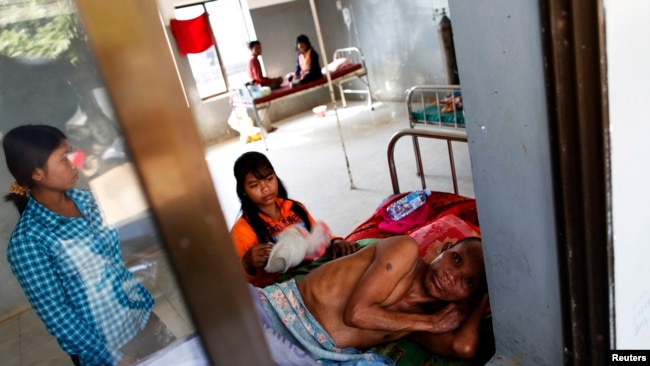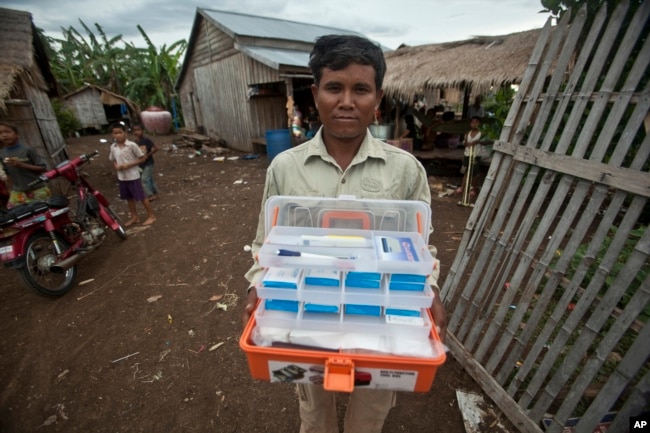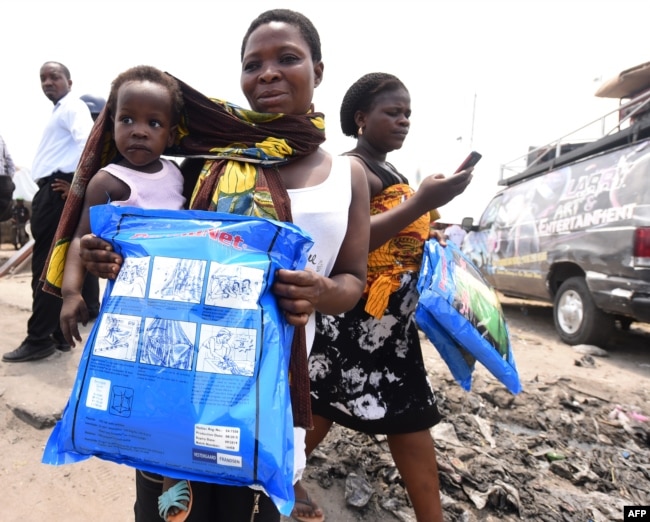MindWars
Diamond Member
- Oct 14, 2016
- 42,227
- 10,743
- 2,040
- Banned
- #1
‘Super malaria’ spreading rapidly in Asia
A highly drug-resistant strain of malaria dubbed “super malaria” is spreading rapidly in South East Asia, leading scientists to warn that it could soon be a global threat. The disease, most commonly transmitted by mosquitoes infected with the parasite, was first detected in Cambodia in 2008 but has now spread to the three remaining countries that make up the Eastern Greater Mekong subregion: Vietnam, Laos and
--------------------------------------------------------------------------------------------------------
And there shall be a plaque..........................well gawd dam this happens all the time just like those quakes.
A highly drug-resistant strain of malaria dubbed “super malaria” is spreading rapidly in South East Asia, leading scientists to warn that it could soon be a global threat. The disease, most commonly transmitted by mosquitoes infected with the parasite, was first detected in Cambodia in 2008 but has now spread to the three remaining countries that make up the Eastern Greater Mekong subregion: Vietnam, Laos and
--------------------------------------------------------------------------------------------------------
And there shall be a plaque..........................well gawd dam this happens all the time just like those quakes.






